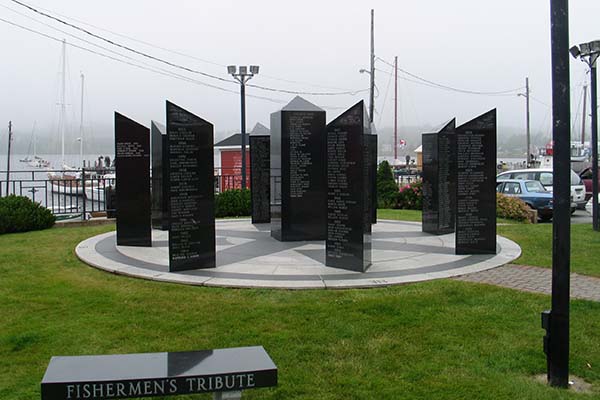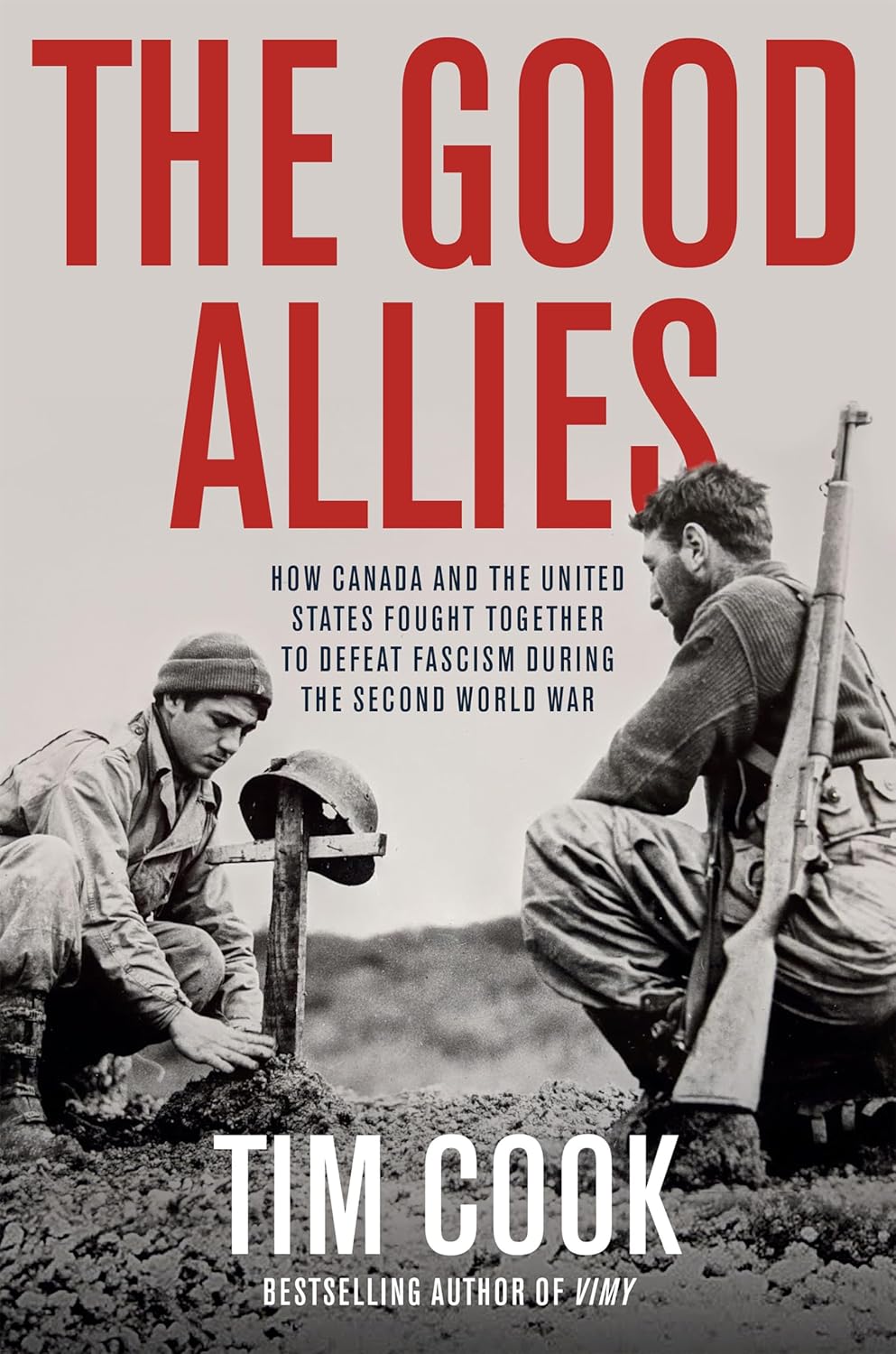Book Reviews

Welcome to the Book Review section of the Canada History Society website, where history comes alive through the written word. This dedicated space is your gateway to exploring insightful critiques and analyses of books that shape, challenge, and deepen our understanding of Canada’s past.
The Good Allies

The Good Allies: A Masterful Account of Canada’s Wartime Transformation
Review By Greg ScottTim Cook’s The Good Allies is an enthralling examination of Canada’s pivotal role during the Second World War, capturing the nation’s evolution from a Dominion of the British Empire to a central partner in North American defence and a key Allied power. Known for his meticulous research and compelling storytelling, Cook delivers a narrative that blends high politics, military strategy, and the human experience of war into a cohesive and riveting history. At its heart lies Prime Minister William Lyon Mackenzie King, a leader whose pragmatism and personal idiosyncrasies defined Canada’s wartime journey.
Cook’s portrayal of King is both complex and sympathetic, shedding light on his careful navigation between British expectations and the burgeoning power of the United States. King’s leadership was instrumental in managing this delicate balance, ensuring that Canada contributed significantly to the Allied war effort while asserting its autonomy. His government oversaw the creation of one of the world’s largest navies, a formidable air force that anchored the British Commonwealth Air Training Plan, and a well-trained army that proved its mettle in campaigns from Italy to Normandy. Cook demonstrates how these achievements cemented Canada’s reputation as a dependable and effective ally.
Equally compelling is Cook’s exploration of King’s transformation of Canada’s economy into a wartime powerhouse. Under King’s guidance, Canadian industry shifted gears to produce ships, aircraft, and munitions on an unprecedented scale, earning Canada a reputation as the “arsenal of democracy.” This industrial mobilisation not only supported the Allied effort but also laid the groundwork for the nation’s post-war prosperity.
King’s Relationship with Roosevelt and the Supernatural
An especially fascinating dimension of the book is Cook’s exploration of Mackenzie King’s unique and multifaceted relationship with U.S. President Franklin D. Roosevelt. The two leaders developed a warm rapport that transcended mere politics, bolstered by shared ideals and a pragmatic recognition of each other’s importance. Roosevelt viewed King as a critical partner in the defence of North America, and Cook highlights how their collaboration led to landmark agreements, including the establishment of joint defence initiatives like the Ogdensburg Agreement.
But King’s relationship with Roosevelt wasn’t purely grounded in the pragmatic. Cook delves into King’s well-documented fascination with the supernatural, which shaped his worldview and, at times, his decision-making. King frequently sought guidance from séances and believed he communicated with the spirits of deceased loved ones and prominent historical figures. Cook treats this aspect of King’s character with sensitivity, neither sensationalising nor dismissing it, showing how it contributed to King’s resilience during the war’s darkest hours. This unconventional aspect of King’s personality is presented as an intriguing counterpoint to his otherwise pragmatic and cautious public persona.
A Must-Read for the Christmas Season
In The Good Allies, Tim Cook has crafted a deeply engaging and enlightening history that not only captures the political and military dimensions of Canada’s wartime transformation but also brings its human stories to life. Through vivid anecdotes and penetrating analysis, Cook reveals the sacrifices, challenges, and triumphs that defined the era.
For those looking for a thoughtful and rewarding read this Christmas season, The Good Allies is the perfect choice. Cook’s ability to weave complex history into an accessible and engaging narrative ensures that this book will captivate both seasoned historians and casual readers alike. It is a story of leadership, resilience, and the forging of a national identity during one of history’s most tumultuous periods.
As the holiday season offers time for reflection, The Good Allies serves as a reminder of Canada’s journey from a dependent Dominion to a self-assured nation, and of the extraordinary individuals who shaped its path. It is a book that inspires pride, understanding, and a deeper appreciation of our shared past. This Christmas, give the gift of history and discovery—The Good Allies is a story worth sharing.


